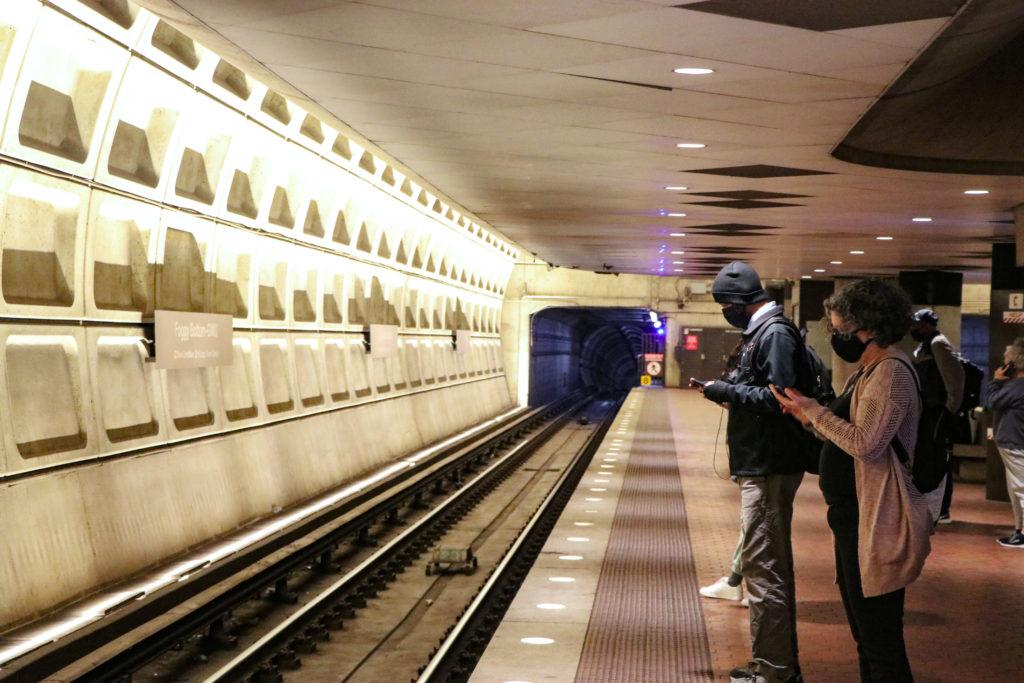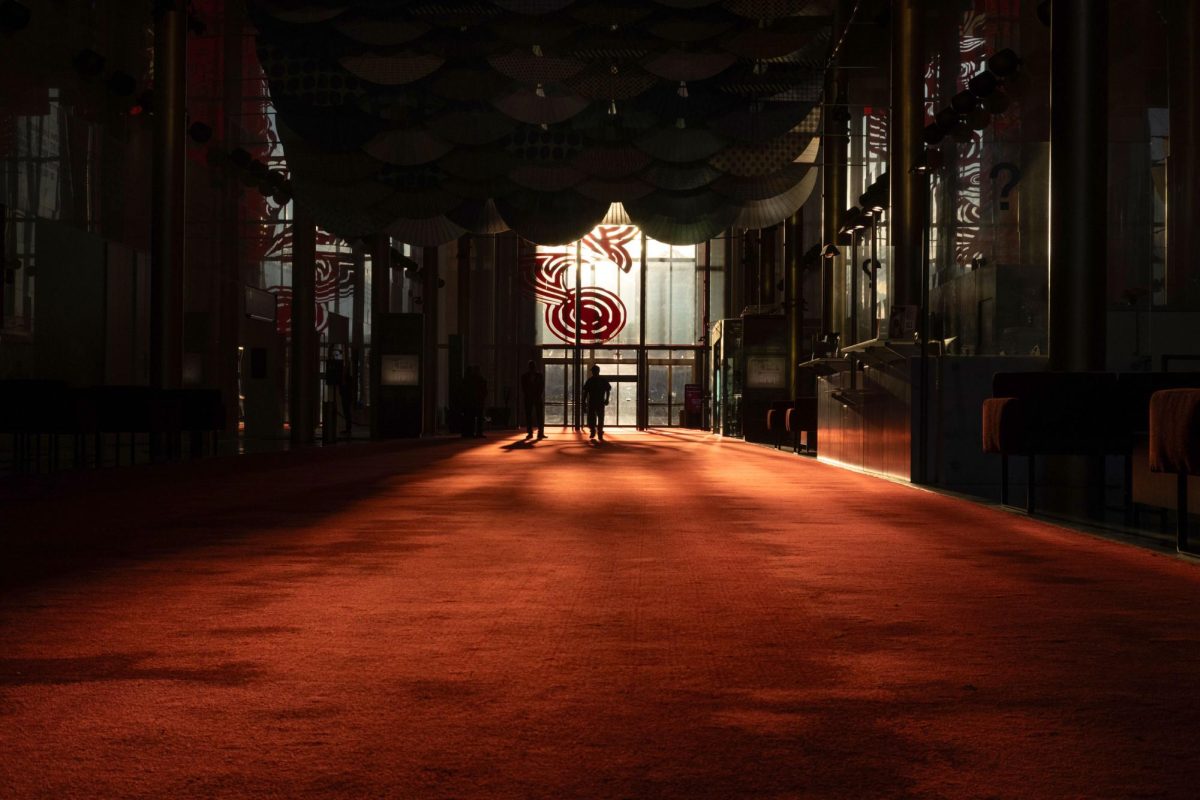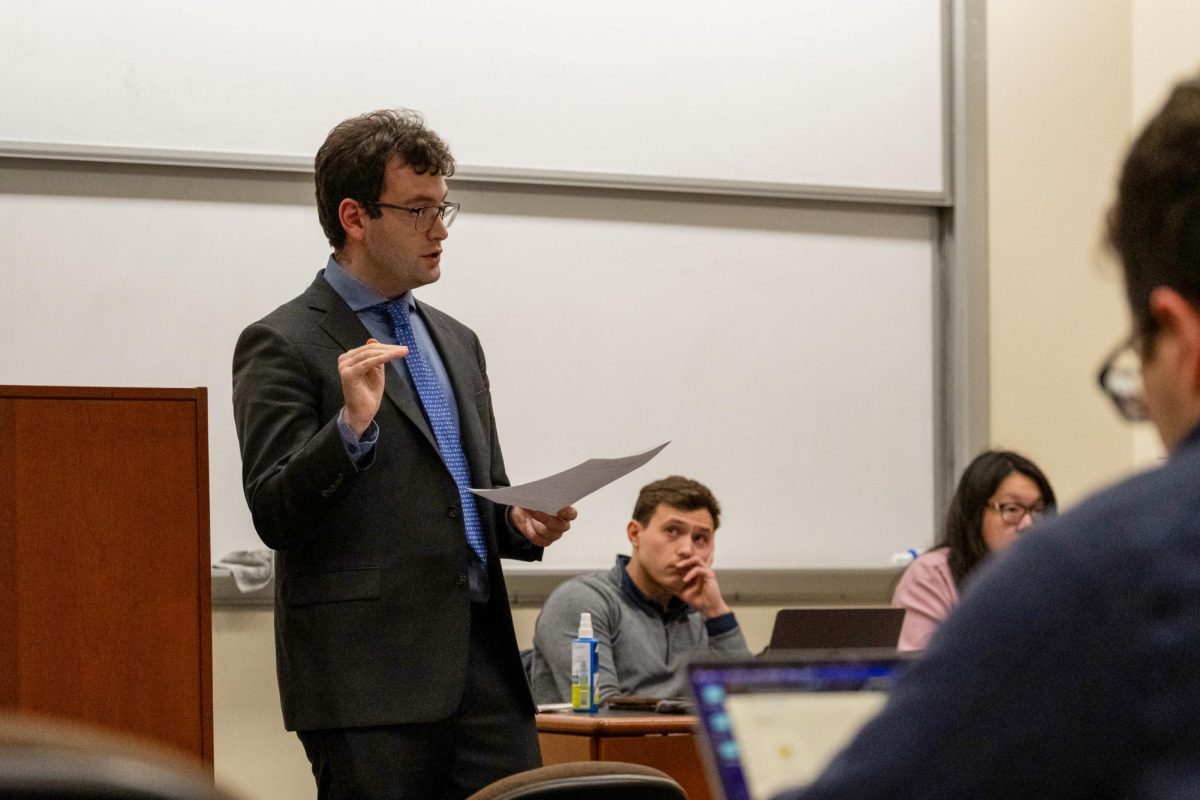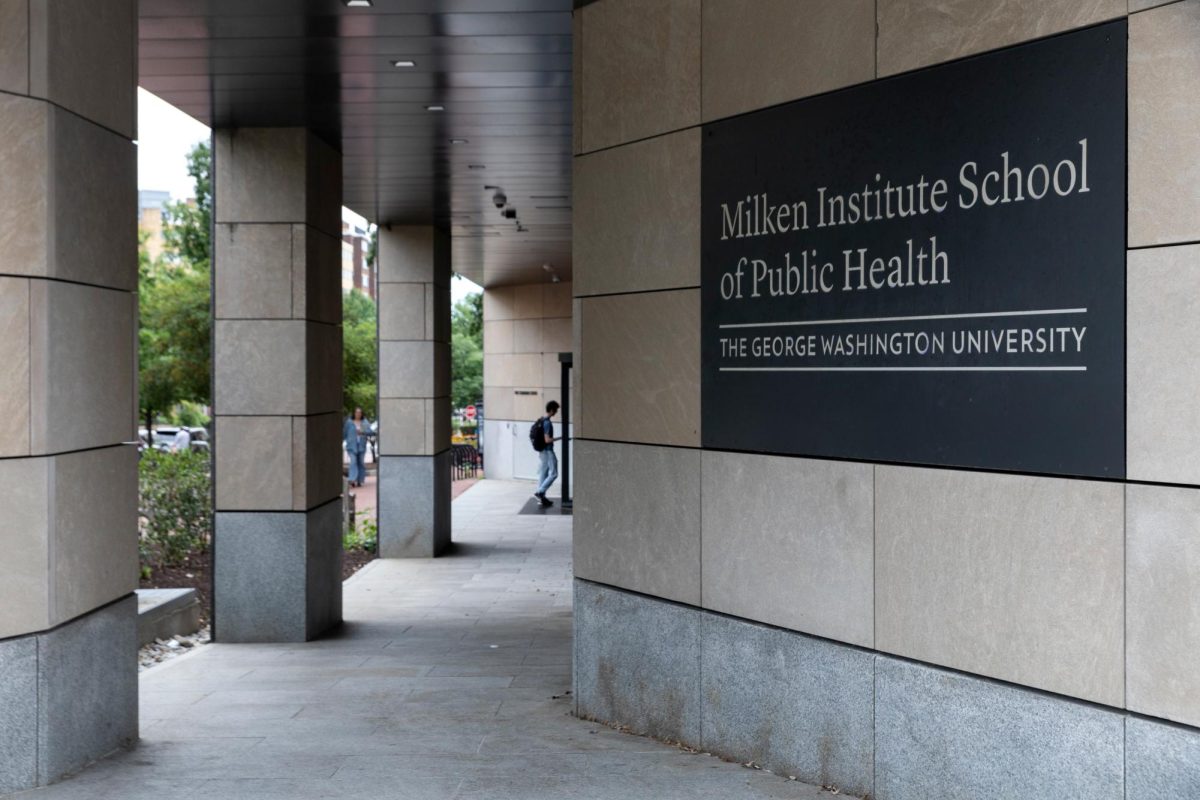The Washington Metropolitan Area Transit Authority announced it could open its new Silver Line stops to riders as early as Thanksgiving, but it does not currently have enough available trains for the extended service.
WMATA officials said in a release that the Silver Line extension – which began in 2014 and will add a Metro stop at the Washington Dulles International Airport – could be ready to operate by Thanksgiving, but the opening hinges on the 7000-series trains being approved to return to operation. Metro officials removed its 7000-series railcar fleet from operations last year after a derailment on the Blue Line in October, but officials have recently started reintroducing the cars back into service as safety inspections continue.
WMATA General Manager and CEO Randy Clarke said the lack of available 7000-series railcars has led to overcrowding in several Metro stations, which opening the Silver Line’s six additional stops would further strain.
“Since control of the extension was turned over to Metro, we and our partners at the Airports Authority, Fairfax and Loudoun have worked diligently to complete all of the steps needed for Metro to offer safe and reliable service for rail travel to Dulles Airport and Loudoun County, and we are just awaiting concurrence from our Safety Commission partners,” Clarke said in the release.
The Silver Line extension will add three new stations and extend Metro’s reach into Virginia. The new stops will also be the first Metro stops located in Loudoun County.
Deputy CEO & COO of the Washington Metrorail Safety Commission Sharmila Samarasinghe said in a letter to COO of WMATA Brian Dwyer Monday that WMSC objected to WMATA’s Return to Service plan because the axles on 7000-series railcars failed Metro’s safety standards 79 times during inspections. Samarasinghe said WMATA officials’ statements implying the trains were safe and ready to operate “deeply concerned” WMSC officials.
“It is concerning to the WMSC that Metrorail may not be interested in carrying out its safety responsibilities, even going so far as to have senior leadership suggest at a public WMATA Board Meeting that Metrorail will only mitigate known safety issues if ordered to do so,” Samarasinghe said in the letter.
WMATA responded to WMSC’s letter in their Wednesday release, stating the letter provided “confusing direction” to Metro, like contradictory directives based on the safety of 7000-series railcars and axle manufacturing recommendations that would be “operationally infeasible.” Dwyer said in the release that while Metro acknowledges the importance of the safety inspections, the agency would “welcome” a more consistent directive from the WMSC.
“We have developed an industry-leading inspection process in which we have high confidence,” Dwyer said in the release. “At the end of the day, all we’re asking is for our customers to be able to ride on the same trains as our employees.”










